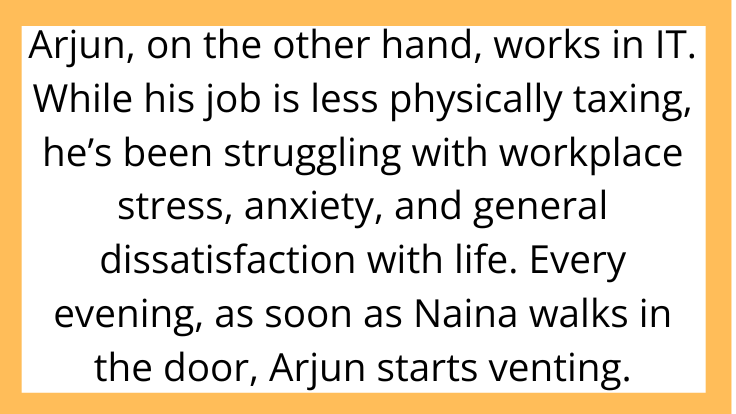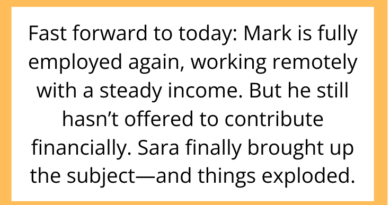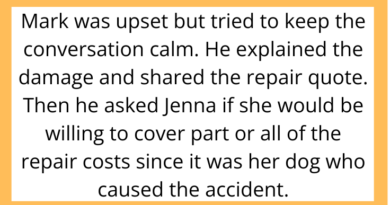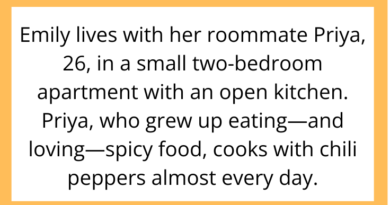AITAH for Telling My Husband I’m Not His Therapist and Refusing to Be His Emotional Dumping Ground?
Marriage is about partnership, support, and communication—but what happens when one partner constantly leans on the other for emotional release, without considering their own capacity?
In this week’s AITAH-inspired dilemma, a wife sets a firm boundary with her emotionally dependent husband—and the internet has a lot to say about it.
The Situation: Emotional Overload in the Marriage

A 34-year-old woman—we’ll call her Naina—turned to Reddit’s AITAH community with a serious concern. She and her husband, Arjun, both work demanding full-time jobs. Naina works as a healthcare administrator and often comes home mentally and emotionally drained.
Arjun, on the other hand, works in IT. While his job is less physically taxing, he’s been struggling with workplace stress, anxiety, and general dissatisfaction with life. Every evening, as soon as Naina walks in the door, Arjun starts venting.
“I walk into the house and before I can even put my bag down, he’s mid-rant about his boss or how he feels like a failure,” she wrote.
At first, Naina was supportive. She listened, gave advice, offered comfort. But as the months passed, she began to feel overwhelmed. Her own emotional needs were being pushed aside, and Arjun didn’t seem to notice—or care.
The Breaking Point: “I’m Not Your Therapist”

Last week, after a particularly draining day at work, Naina snapped.
“I told him flat out: ‘I love you, but I’m not your therapist. I need time to breathe when I get home. I can’t be your emotional dumping ground every single night.’”
Arjun was stunned—and hurt. He said Naina was supposed to be his safe space, that she was being cold and unsupportive.
He spent the night in the guest room and barely spoke to her the next day.
Now, Naina is questioning whether she handled it poorly. She turned to Reddit to ask: AITAH for setting that boundary with my husband?
Understanding Emotional Labor in Relationships

What Is Emotional Labor?
Emotional labor refers to the invisible work of managing others’ emotions—listening, validating, calming, and offering advice. In many relationships, especially heterosexual ones, women disproportionately carry this burden.
Naina’s case is a textbook example. While she was happy to support Arjun at first, it gradually became a one-way emotional street.
The Importance of Boundaries
Healthy boundaries aren’t about shutting people out—they’re about preserving mutual respect. Naina didn’t say she didn’t want to listen to Arjun at all. She said she couldn’t handle being the default outlet every single day without space for her own mental health.
That’s not cruelty—it’s self-preservation.
Reddit Responds: Is She the Villain?

Unsurprisingly, Reddit had strong opinions. The majority sided with Naina.
“You’re not his therapist. You’re his partner. And you’re allowed to have limits,” wrote one top commenter.
Others pointed out that Arjun might genuinely need therapy, especially if he’s dealing with chronic stress, anxiety, or possible depression.
“Support isn’t the same as solving someone else’s problems. He needs professional help, not to emotionally drain his wife every evening,” another added.
However, a few users noted that the way Naina delivered the message—while understandable—might have been harsh in tone. Timing and delivery matter when you’re confronting someone in pain.
Navigating Support vs. Self-Sacrifice

Tips for Balancing Emotional Support in Marriage
-
Schedule Emotional Check-ins: Designate a time when both partners are mentally available to talk deeply—so it’s not constant or overwhelming.
-
Encourage Professional Help: If one partner is experiencing intense emotional stress, a licensed therapist should be involved.
-
Mutual Sharing: Make sure emotional exchanges go both ways. One partner shouldn’t always be the “listener” while the other is the “talker.”
-
Use “I” Statements: Saying “I need space to decompress” rather than “You dump your problems on me” can ease defensiveness.
Final Thoughts: Compassion Has Limits
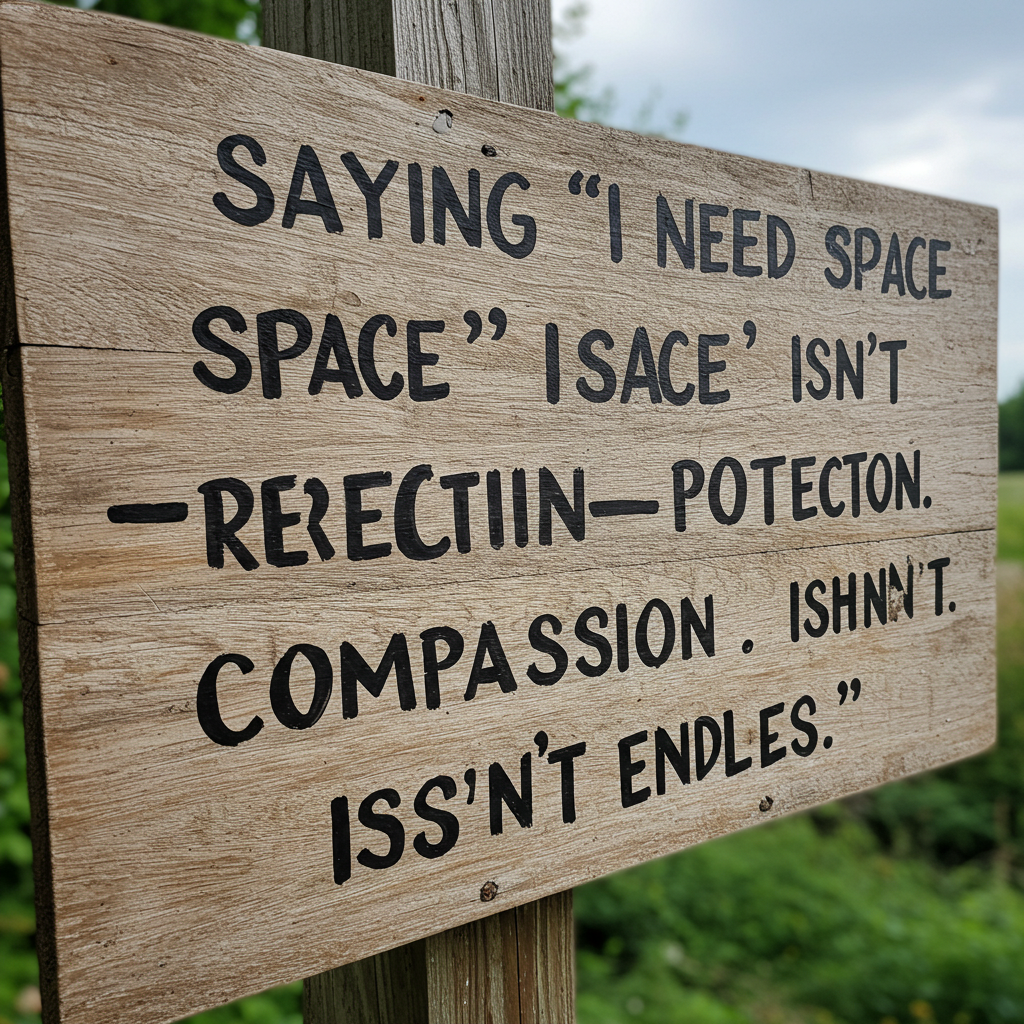
Naina’s story highlights a common but often unspoken issue in long-term relationships: When does support turn into emotional labor?
The answer? When it’s constant, one-sided, and draining. Being a good partner means listening, yes—but it also means recognizing when your partner needs space, too.
Naina wasn’t the villain here. She was someone who hit her emotional limit—and spoke up before resentment took root.
